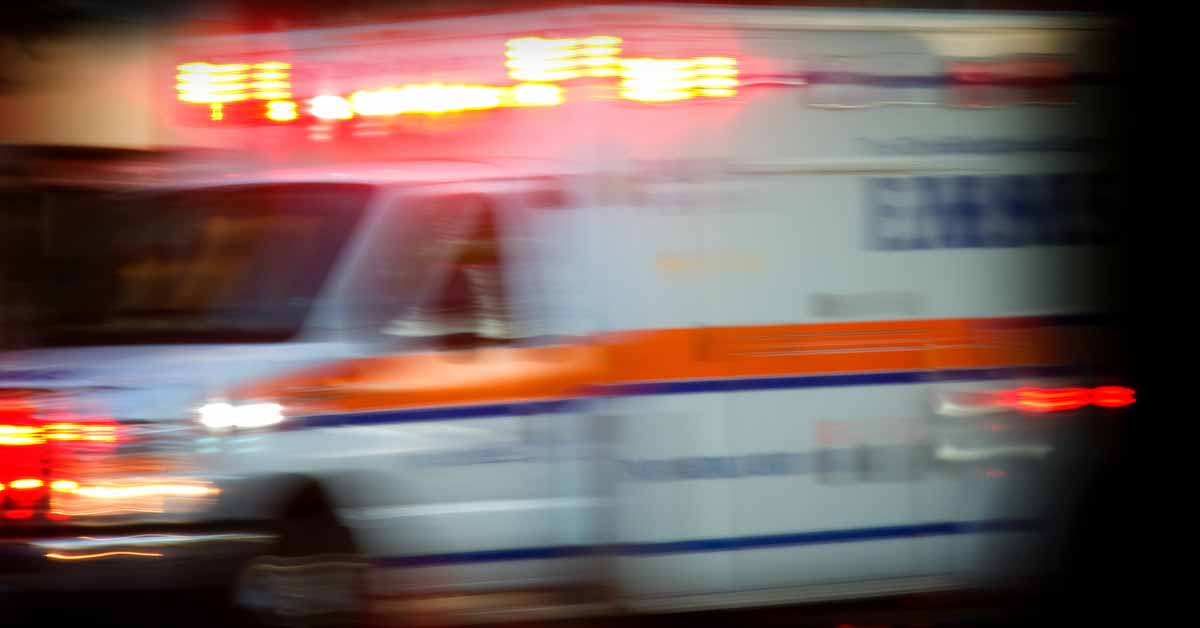At this year’s American College of Allergy, Asthma & Immunology Annual Scientific Meeting, Dr Jay A Lieberman, MD, FACAAI, professor at the University of Tennessee Health Science Center told Healio that anaphylaxis guidelines are evolving.
Current guidelines instruct patients to call emergency services immediately after administering epinephrine for anaphylaxis.
An upcoming change will instruct patients that if their symptoms resolve entirely after administration of epinephrine and they can subsequently be monitored by family or friends, it may not be necessary to call for an ambulance or head to the emergency room.
Said Lieberman:
This idea would be a little bit of a paradigm shift from what we’re used to. But we have data now and cost-effectiveness analyses to show that maybe this isn’t always needed.
It should be noted that current guidelines remain in effect. Once the guidelines are updated, you should have a discussion with your allergist before making any changes to your current action plan regarding anaphylaxis.
Lieberman also noted that other means of administering epinephrine beyond the traditional auto-injector, including nasal and sublingual methods, are on the horizon.





